GĐXH - Children are also vulnerable, especially through words. So choosing the right words to teach your children is also the best way to help them grow up.
Ms. Duong, a long-time teacher in Shanghai (China) shared: After many years of being a teacher, I often receive questions from parents about the difficulties in raising children: "My child always answers 'I don't know', doesn't want to talk"; "No matter what parents say, they don't listen, but they listen to what others say"; "If we explain too much, the child feels annoyed, if we say less, we are afraid that the child will go astray, it's really difficult"...
Although there are many problems, they all come back to one root: Communication problems. In communication between parents and children, even though the parents' intentions are good, they often do not achieve the desired results.
Many parents often wonder: "Why do we say the right thing but our children don't listen?" "It's clearly for their own benefit, but why don't they appreciate it?"
In fact, the main reason lies in the fact that what we teach and what our children actually receive may not be consistent.

Harsh words and harsh words from parents and relatives can be deeply imprinted in a child's mind for life. Illustrative photo
Below are some things parents say that unintentionally hurt their children that you should avoid:
1. "Do it again, you idiot!"
The real thought: "If I work harder, I can succeed." The child understands: "I am a failure."
When faced with a few failures, children easily feel disappointed. If at that time, parents do not provide encouragement, the feelings of failure are not properly guided and released, the child may become unconfident, shy and refuse to try again.
There is a saying: "Don't use your emotions to criticize your child's failure."
When children fail, parents should apply the "start from the end goal" principle in communication: The goal is to help children avoid failure next time, look for lessons from the current failure and continue to experiment, instead of using emotions to communicate.
For example, in daily life, use a "magnifying glass" instead of "glasses" to overlook your child's small mistakes and often praise: "I see you have improved, do you want to try again?".
Children are independent individuals who need to be respected, understood and trusted.
They need equal communication and interaction to develop self-esteem, confidence and independence. These are the strongest supports when facing the future.
2. "At your age, I can do much more than that"
Comparison is not necessarily a good way to motivate children to try harder, sometimes it makes children feel inferior and useless.
In particular, if you compare your child with yourself, as a parent, it can cause your child even more harm.
They may suffer from psychological complexes and think they are not worthy of love from their parents.
If comparisons happen constantly, it will cause stress in children, lower their self-esteem and may even become a reason for them to become distant from their parents.
3. "It's just a small achievement/ What's this compared to…"
Teaching children to be humble is a necessary virtue, but if parents are not humble in the right way, it will unintentionally become a "strong blow" to children's psychology.
For example, when a child gets a high score on a test, parents, afraid that their child will become arrogant, unintentionally say negative things: "You're just lucky, this is nothing compared to other children..." or "It's just a small test, what's the big deal!"
When children are happy and excited about getting high scores, these negative, even "disdainful" words from their parents are like a "bucket of cold water" poured on them.
4. "You make me sad when you do that."
This saying is often used by parents to hope their children change their behavior.
However, children may feel that they are the cause of their parents' sadness, they will feel guilty and under a lot of pressure.
This can lead to children becoming withdrawn, lacking confidence, and afraid of making mistakes. It is important for parents to set and maintain limits without letting emotions overwhelm them.
Parents need to remember that those emotions are theirs, not their child's.
5. "If you don't do this, you will be…"
Parents always have headaches because their children are naughty and hyperactive. To make them obey, they often use "threatening" actions and words.
For example, parents will often say these words when their children disobey: "If you don't sit still, you will be kidnapped", or "If you don't clean up your toys, we will throw them away", "If you don't study hard, when you grow up you will have to pick up trash",...
Parents love to say "threatening" words to things that their children care about. The reason they say these words is because it can make their children stop that "unpleasant" action immediately.
However, parents rarely know that this obedience comes from fear inside the child's soul.
On the "outside", children will do what their parents want, but on the contrary, there are also potential risks "inside" the child.
As children grow up, they begin to understand things and parents cannot use this threat forever to make their children obedient, so threats become more and more ineffective, even leading to fierce "confrontations" between parents and children.
More importantly, these types of words greatly affect children's sense of security, gradually causing them to lose trust in their parents.
6. "I don't believe you"
Children at this age of hyperactivity can sometimes cause unnecessary trouble. Most of the time when faced with such trouble, parents often question and scold, accompanied by affirmations such as "You are lying", "I don't believe what you just said".
These words will be a "knife" that seriously damages the relationship between parents and children. This can lead to children no longer trusting their parents and no longer wanting to share or confide anything about themselves.
To avoid hurting children, parents should pay attention to their words, respect, trust and understand what children do.
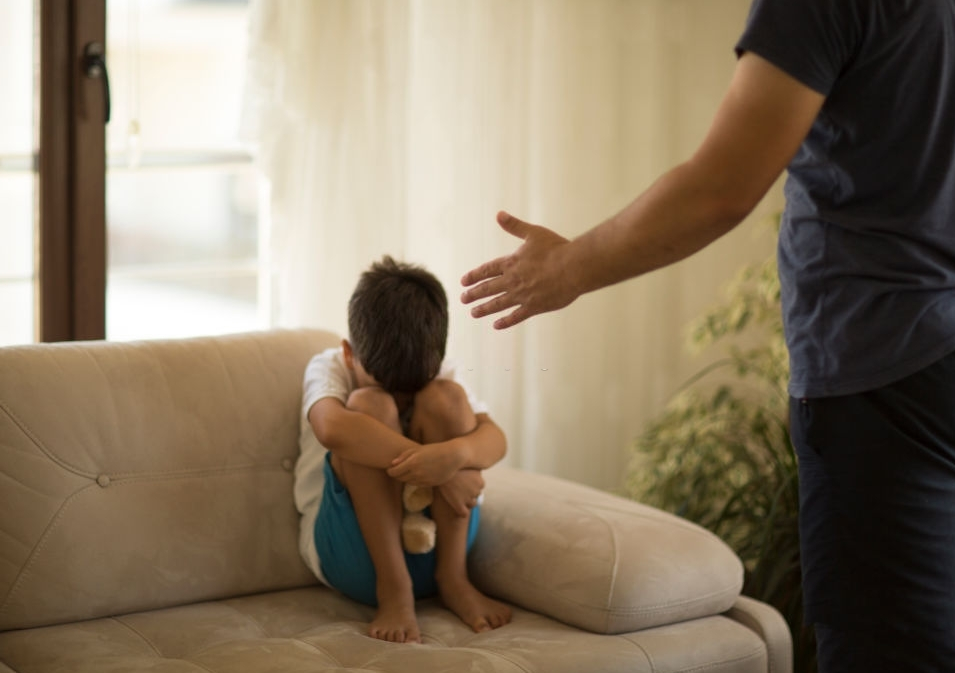
To avoid hurting children, parents should pay attention to their words, respect, trust and understand what children do. Illustration photo
7. "You're an adult now, you should think more maturely."
When you say something like "you should know," you are trying to make your child feel guilty or ashamed to change.
However, this makes children defensive and even less likely to listen. It also reduces their self-confidence. Instead of blaming, parents should work with their children to find a way to solve the problem.
By doing so, parents are teaching their children to take responsibility for their actions and develop independent thinking skills.
8. "You have to be like this, like that…"
Jean-Jacques Rousseau, the famous Swiss philosopher, proposed three most "useless" parenting methods, among which, preaching and moralizing are familiar methods used by many parents.
When children make mistakes, parents are right not to beat or scold them, but why don't you encourage parents to preach morality?
When you are angry and upset, do you want to listen to other people "talking" or "preaching"? The answer is no.
Parents have long been accustomed to playing the role of "educators" labeled "for the benefit of their children", and forcing their perceptions and thoughts onto their children.
But, parents do not know how their children feel and think at the moment of losing their temper. The lectures, while sounding extremely true, are not really needed by children at that time. What they really need is listening.
As parents, put aside your conservatism and selfishness to connect, listen to your children's thoughts, sympathize with their feelings, and better understand their thoughts and wishes.
Whether a family is happy and warm or not depends a lot on the behavior and words of the parents. Let your children develop their emotions naturally.
Source: https://giadinh.suckhoedoisong.vn/giao-vien-lau-nam-nhieu-hoc-sinh-roi-vao-tuyet-vong-vi-thuong-xuyen-phai-nghe-8-cau-noi-nay-cua-cha-me-172250105185457867.htm










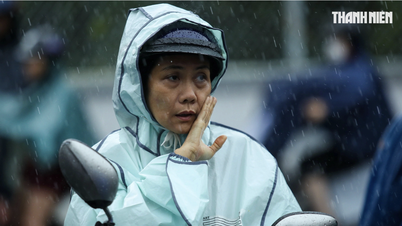
















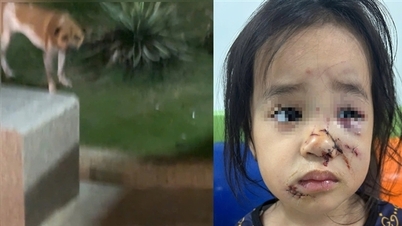































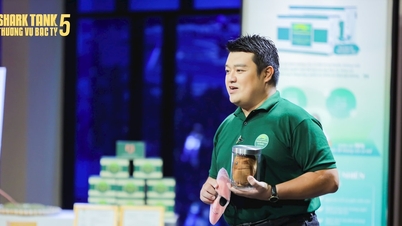




























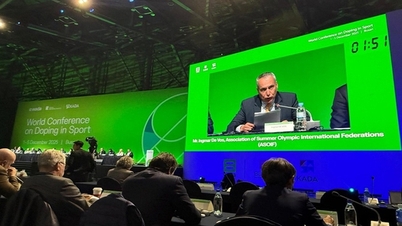




























Comment (0)